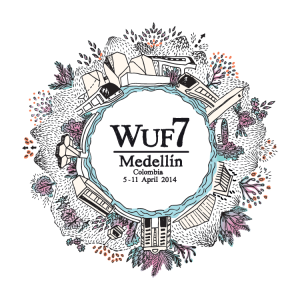The upcoming World Urban Forum, the largest, most diverse conference dedicated to cities, will address how urban design can create equitable, sustainable and livable cities for all residents.
In preparation for the event, which opened Saturday in Medellin, Colombia, and runs through Friday, some of the leaders of the World Resources Institute and EMBARQ, its sustainable transport and urban development initiative, discussed the challenges cities are facing and how they are overcoming them.
Cities bring a wealth of challenges, according to Manish Bapna, executive vice president of WRI, which has offices based in China, India, Brazil and the United States. Poverty is rampant and the urban poor often lack access to basic services, such as public transportation. Although cities currently account for 80 percent of the global GDP, they are also responsible for 75 percent of greenhouse gas emissions, and 1.3 million people die prematurely due to urban air pollution every year.
“The spatial layout of a city has such a strong bearing on whether or not people remain segregated from public services,” Bapna said. “It is crucial to get the design right at the outset.”
EMBARQ, which has offices in Washington, D.C., Mexico, Brazil, Turkey, China and India, works with governments around the world to develop better access (mobility) and urban design by creating examples and working with legislators to improve finance and policy to make the projects possible.

